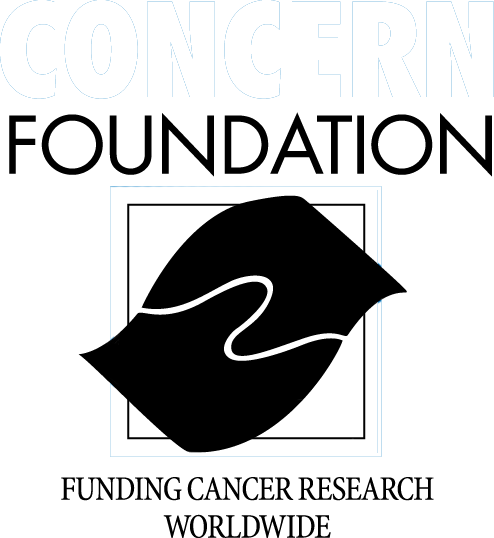Concern Foundation’s 2020-2022 Grant Recipient: Dr. Julia Maxson, Ph.D. (Leukemia) Oregon Health & Science University
Please watch OUR CONCERN IS YouTube video; A Conversation with: Dr. Julia Maxson, Ph.D. (Leukemia) Oregon Health & Science University "Mechanisms of kinase inhibitor resistance in Chronic Neutrophilic Leukemia" Dr. Maxson pursued her undergraduate studies at Scripps College and then completed her Ph.D. in Cell Biology at OHSU in the area of protein trafficking and processing. As a postdoc, Dr. Maxson identified new therapeutic targets in leukemia in the laboratories of Jeff Tyner, and Brian Druker. Notably, she discovered targetable mutations in CSF3R (the receptor for the cytokine GCSF) in the majority of patients with chronic neutrophilic leukemia. In 2016, Dr. Maxson moved to the Knight Cancer Institute to establish her laboratory with a focus on leukemia evolution at the genetic and epigenetic level.
In the Maxson Laboratory their primary goal is to understand how genomic changes manifest at the cellular level to promote cancer formation and progression. We are particularly interested in using new tools to understand how different gene mutations cooperate to produce distinct types of leukemia. Advances in sequencing technologies have yielded a wealth of genomic data that promise to revolutionize the care of cancer patients. Fundamental to the realization of this promise is the distillation of massive quantities of correlative genomic data into a mechanistic understanding of disease. The focus of our lab is to utilize model systems to explore the cellular mechanisms of novel oncogenic mutations and how these mutations cooperate in disease biology. This work will allow for a mechanistic, as opposed to phenotypic, categorization of cancer, facilitating an improved understanding of oncogenesis and identification of novel drug targets for personalized medicine.
“We are using single-cell, epigenetic, and transcriptomic techniques in conjunction with functional studies to understand how these mutations cooperate to drive distinct disease phenotypes. We are interested in understanding the evolution of myeloid leukemia from a subclinical state to myeloproliferative neoplasms to acute leukemia. This evolution is associated with the acquisition of mutations over time. Some of these mutations arise early in disease development, while others occur as late events. We are working to uncover the mechanistic basis for this stereotypic order of mutation acquisition and to understand the impact of mutation order on disease pathobiology. Our goal is to develop effective combinatorial therapeutic strategies to better treat these deadly malignancies.”

